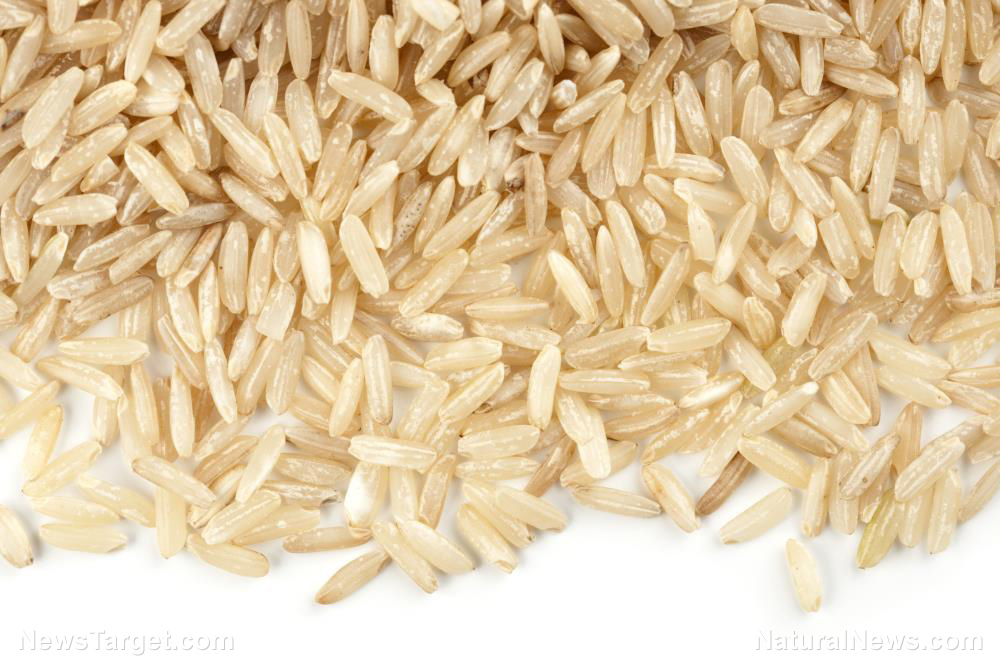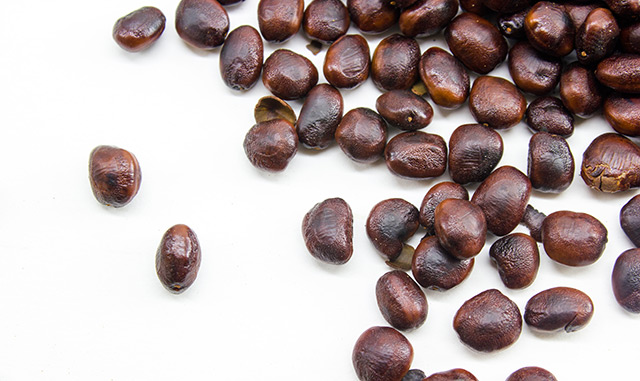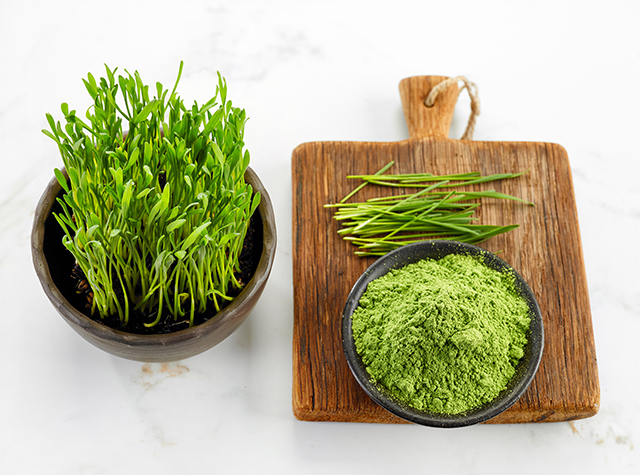Which mushrooms have the most brain-boosting benefits?
04/01/2019 / By Isabelle Z.

If you’re looking to give your brain a boost, you’ve probably tried a lot of the conventional advice: get more sleep, meditate, take vitamins, get enough exercise, and try some brain puzzles. However, there is one rather simple way you can boost your brain that many people overlook: eat more mushrooms. But before you head to the grocery store or farmer’s market, you need to know that not all mushrooms are created equally. Here’s a look at the mushrooms that have the greatest brain-boosting benefits.
Reishi mushrooms
Once pretty obscure in the western world, reishi mushrooms are gaining attention for their ability to boost cognitive function. In Asian societies, they’ve been used for thousands of years to signify well-being and longevity. Although their taste isn’t exactly pleasant, their neuroprotective properties make them worth seeking. A 2012 study published in Neuropharmacology showed that the mushrooms have strong therapeutic effects on neurodegenerative diseases like Alzheimer’s and Huntington’s, and they can also give your mood a boost.
Cordyceps
Cordyceps boast anti-inflammatory properties that can prevent the death of neuronal cells, preventing memory loss. These are technically not mushrooms, but they are often mentioned alongside mushrooms because they are a type of fungus. They can reduce the negative effects of stress on the brain as well as the body as a whole. Consuming cordyceps can restore energy and reduces fatigue. Some people take them for their ability to enhance libido, but perhaps their greatest power is the ability to fight off the effects of fatigue and stress.
Lion’s mane mushrooms
If you’ve ever seen a lion’s mane mushroom, it’s pretty clear where they got their name. With their shaggy appearance, these mushrooms are known for the effects they have on the central nervous system. Also known by colorful names like monkey’s head, bearded hedgehog mushroom, and pom pom mushroom, they aren’t widely cultivated in places outside of Asia, although all that is now changing as we learn more about their effects. For example, they can improve your focus thanks to their ability to stimulate the neuropeptide nerve growth factor. They can also help improve your short-term and photographic memory, in addition to improving cognition in people suffering from mild cognitive impairment. They’re also believed to have a positive effect on neurodegenerative diseases such as Alzheimer’s, Parkinson’s and even dementia thanks to their neuroprotective polysaccharides.
Chaga mushrooms
Chaga mushrooms are known for their ability to protect against age-related memory loss, and they can also give your immune system a boost. Japanese researchers have found that the mushrooms provide significant improvements in memory and learning in mice with amnesia. They’ve been used for centuries as traditional medicine in Russia and other countries in Northern Europe, but they’ve only recently attracted the attention of scientists so studies are ongoing.
Availability
While many of these mushrooms aren’t widely available in Western supermarkets, you can often find them in formulations like teas, tinctures, extracts or capsules. If you’re looking for these mushrooms in the wild, keep in mind that you should never consume a mushroom unless you are 100 percent certain what it is; it’s easy to mistake a poisonous mushroom for an edible one.
These mushrooms deserve a closer look if your goal is boosting brain power, and there are also other foods to consider. Fatty fish, rich in omega-3 fatty acids, is excellent for your brain, and green, leafy vegetables have shown the potential to slow down cognitive decline. The flavonoids in berries, meanwhile, have been shown in studies to improve memory, with one study showing that just two servings of blueberries and strawberries a week was enough to delay memory decline by as much as 2.5 years.
When it comes to the health of your brain – and the rest of your body – nature has you covered!
Sources for this article include:
Tagged Under: Ancient medicine, brain health, brain power, chaga mushrooms, cognition, Cordyceps, lion's mane, natural medicine, natural remedies, prevent disease, Reishi Mushrooms, traditional medicine



















